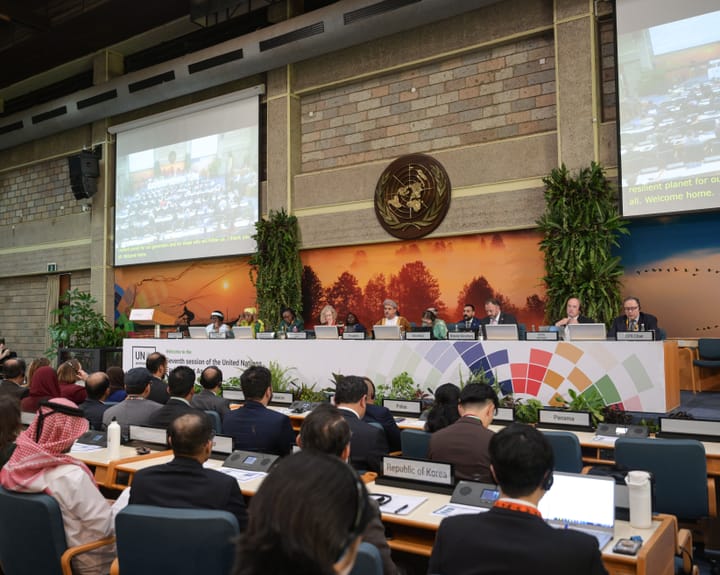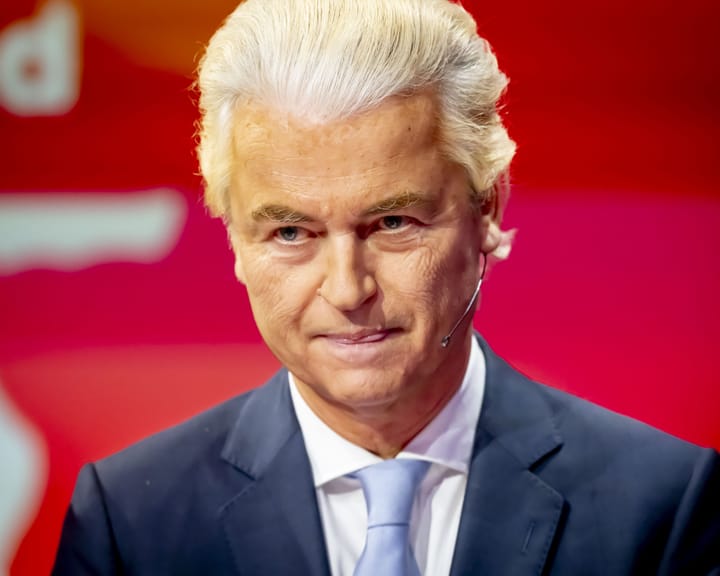France’s Financial Dilemma: High Spending but Persistent Grievances
As someone opposed to austerity, France presents a puzzle. Despite its national debt at 114% of GDP and a budget deficit of 5.8% of GDP, claims that the government has pursued extreme free-market policies are unfounded. On a broad scale, France’s government spending (57.3% of GDP) and tax revenues (51.4% of GDP) remain among the highest globally, including social spending, which exceeds that of neighboring European nations.
Yet, over the past decade, there has been a widespread sense that public services are deteriorating. Healthcare workers cite staffing shortages in hospitals, rural residents protest the closure of train lines, and students and academics highlight insufficient funding for public universities, many of which struggle with outdated facilities and limited research budgets.
Some of these challenges are not purely financial. Globally, shortages of medical staff have been acute, with France further strained by past caps on medical school admissions—only removed in 2020. Urbanization has also increased from 76% to 82% over 25 years, making it costly to maintain services in shrinking rural areas. This raises difficult questions about resource allocation and fairness. Many French citizens criticize the centralization of decision-making in Paris and support greater regional autonomy.
Despite spending more than any other country in these areas, France struggles with a sense of inadequate funding, leaving many dissatisfied, unlike their Nordic counterparts. Meanwhile, debt and deficits continue to climb to unsustainable levels. So, what explains this contradiction?
Some on the far right misleadingly blame immigration and asylum seekers for straining public services. The centrist Prime Minister, François Bayrou, proposes incremental cuts across the board to find €44 billion in savings, including an unpopular plan to eliminate two public holidays—a move so politically contentious it appeared to be a bargaining tactic. The left advocates for higher taxes on wealth, though proposals could extend to those earning above €20,584 annually, with little regard for the burden of bureaucracy on freelancers, small businesses, and startups.
Read next

Africa's Warning on Solar Geoengineering Risks Gains Editorial Backing
It is appropriate that this week’s United Nations environmental discussions are happening in Nairobi, as Africa plays a central role in shaping global climate dialogue. Diplomats from the continent are addressing the complex issue of whether attempting to cool Earth by reducing sunlight exposure is a prudent approach. While

Might Narcolepsy Medication Revolutionize the World?
Breakthroughs in Sleep Science Reveal Surprising Insights
During a conversation with a pharmaceutical researcher, I learned of significant progress in sleep medications. One promising development targets narcolepsy, though its method could also address broader sleep issues like insomnia, much like how certain unexpected innovations find wider applications — akin to adhesive

"Far right still dominant in Netherlands despite Wilders' government setback"
Dutch Voters Head to the Polls Amid Political Instability
On Wednesday, Dutch citizens will cast their votes once again, marking the ninth election for the Tweede Kamer—the legislative chamber of the Netherlands’ parliament—in this still young century. In some respects, the country has come to resemble Italy in

